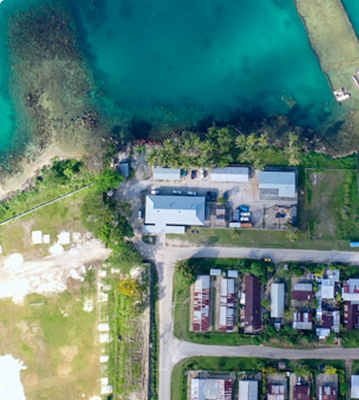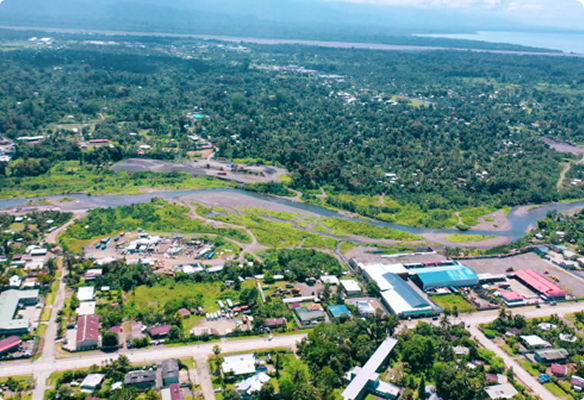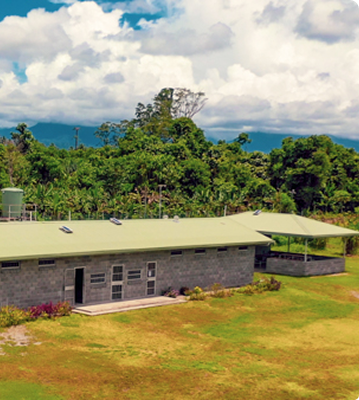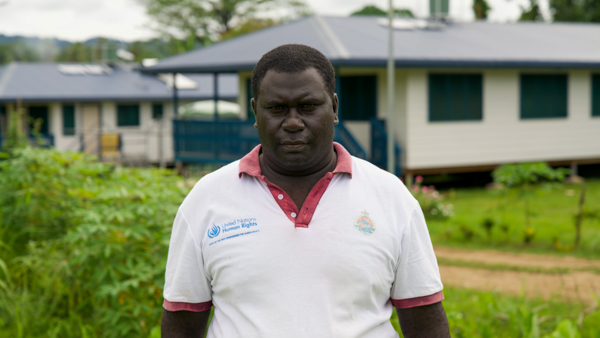Testimonials -01Testimonials -01Testimonials -01Testimonials -01
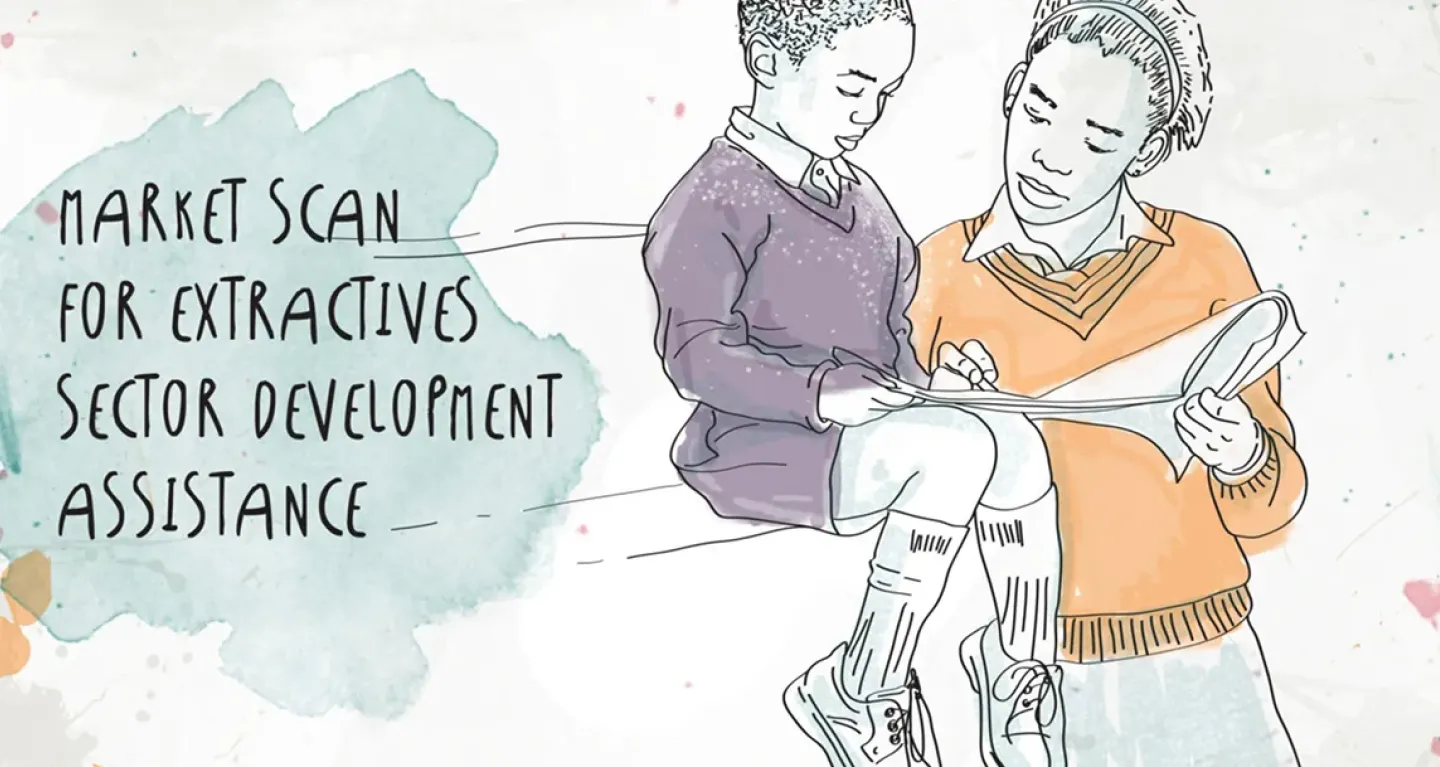
Australia’s foreign policy commitment aligns with the Sustainable Development Goals, emphasizing development assistance to help countries manage their extractives sector responsibly. In this context, Square Circle was commissioned by the Australian Department of Foreign Affairs and Trade (DFAT) to identify key development assistance needs and conduct a market scan of service providers capable of contributing to Australia’s extractives development program. Through interviews and surveys, six key areas of development assistance were identified. Strengthening policy, regulatory capacity, and workforce development is essential to creating a well-governed sector. Enhancing subnational and local impact ensures that resource-rich regions benefit equitably from extraction activities. Encouraging participation through shared infrastructure and shared value fosters greater community involvement and economic opportunities
Balancing fiscal policies with investment drivers is crucial to ensuring both government revenue and investor confidence. Environmental and safety stewardship plays a key role in mitigating risks associated with extraction. Additionally, regulating the informal extractives sector is necessary to integrate small-scale operations into formal economies and enhance their development impact. Across all these areas, gender and social inclusion remain critical cross-cutting themes.
Square Circle’s research provided a comprehensive market scan and needs assessment to guide Australia’s development assistance in the extractives sector. By identifying key areas of intervention, the study ensures that Australia’s support is targeted, effective, and responsive to the needs of partner countries.
The findings from the report and the accompanying database are informing Australia’s extractives development assistance program, enabling partner countries to develop their natural resource and energy sectors responsibly. Through improved policies, regulatory frameworks, and workforce development, these nations are better positioned to maximize benefits, reduce risks, and foster sustainable economic growth
